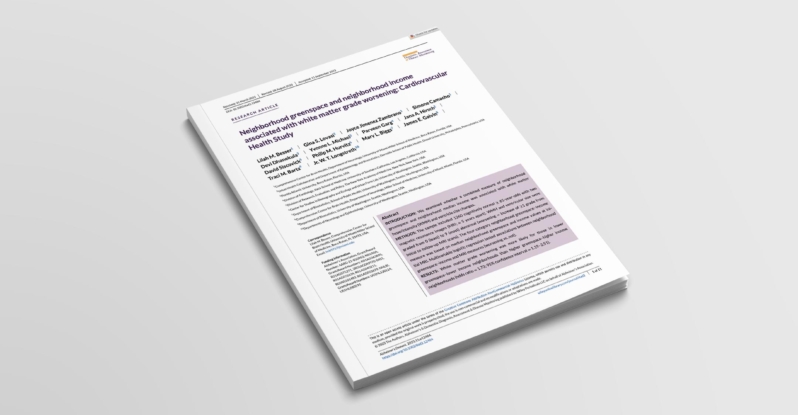Fast Facts
- The City of Los Angeles’s Department of Parks & Recreation’s “Girls Play, LA” focuses on fitness for girls in under-served communities.
- Girls Play, LA strives to get and keep girls involved in sports and to live a healthy lifestyle while making friends, building self-esteem, and having fun.
- A University of Virginia study showed that if a girl does not participate in sports by the age of 10, there is only a 10% chance that she will be physically active when she is 25.
- Many girls say that “fun” is their primary motivation for being active.
- Three years ago, Los Angeles was hovering around 24% for female participation – today, 48% of youth participating in sports and fitness programs are girls.
The Girls Play Los Angeles (GPLA) program focuses on girls’ sports in under-served communities. The program strives to get and keep girls involved in sports and fitness activities. It encourages girls towards healthy lifestyles while helping them to make friends, build self-esteem, and have fun.
A recent study of adolescent girls found that physical activity increases self-esteem, promotes a positive body image, and helps girls feel better about themselves. Most adolescent girls say they enjoy physical activity, and girls who participate in sports are more willing to take risks and try new activities. These positive benefits of physical activity can carry over into academics and other activities.
In many underserved communities, there are barriers to female participation in sports based on a belief that specific family gender roles or income should be prioritized for male family members. The Girls Play LA program is subsidized so that all girls can participate, regardless of economic inequalities or cultural barriers.
The department’s overall gender equity goals are to encourage participation by youth in sports and recreation programs, provide opportunities for recreation, address gender under-representation in sports programs, improve representation of females who are assigned to administer sports and recreation programs, improve representation of females in positions of leadership, increase the number of female coaches, referees, instructors, mentors and other role models, and to ensure that the department is equitable in its distribution of resources for all youth.
LA city Mayor Eric Garcetti and First Lady Amy Elaine Wakeland support gender equity for sports programs. Additional funding for staff from the mayor’s office assisted the Los Angeles Department of Parks & Recreation in achieving its gender equity goals. The program expansion began in 2016, and the goal was to improve the percentage of girls participating in sports and fitness from 24% to 40%. Three years later, the department surpassed its goal and is currently at 48% for girls’ participation.
The key to success varies. There is more to sports than fitness and competition; there is also the fun of participating. Physical activity not only builds muscles; it also helps build self-esteem.



